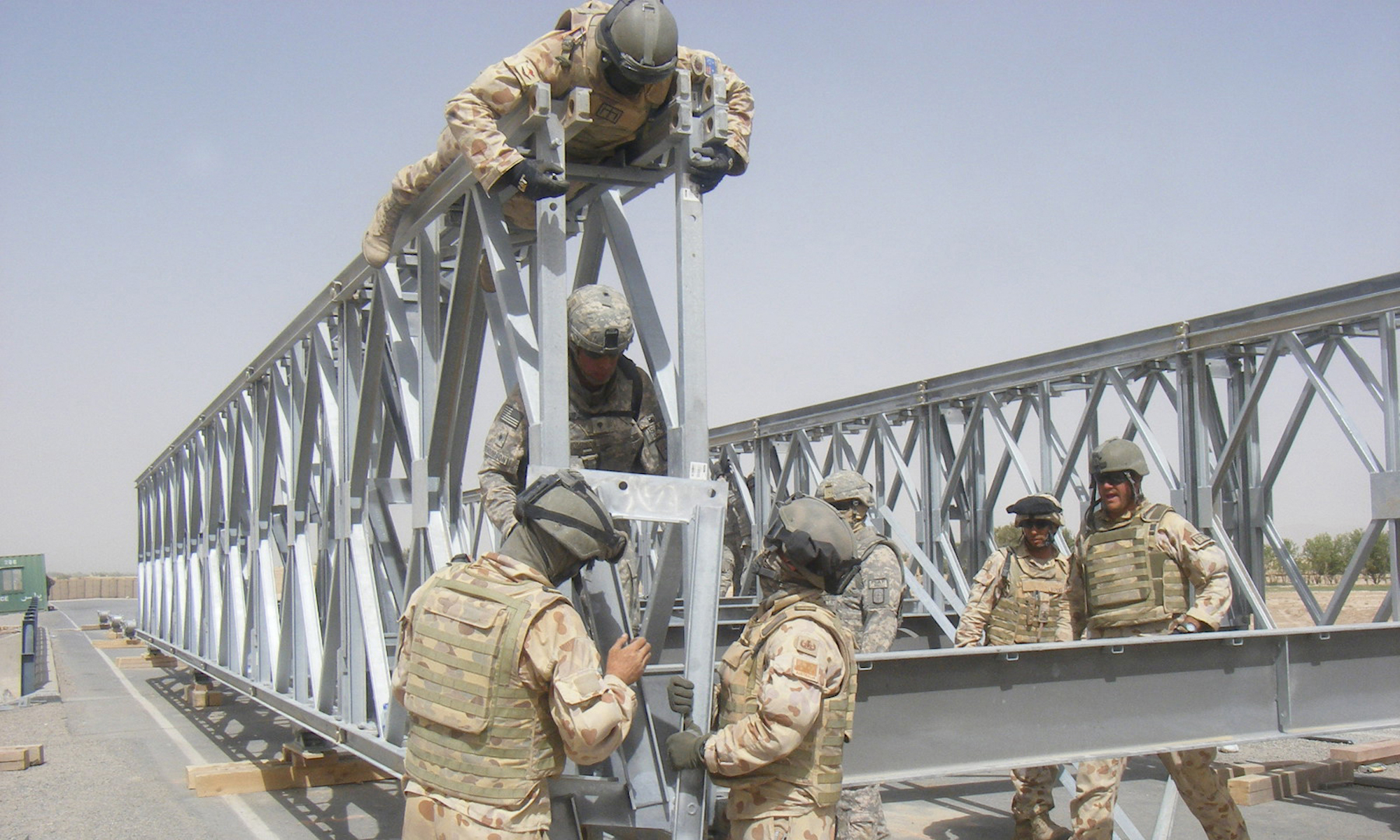International school textbook revision and research became a professional academic activity after the First World War. It broadened its scope and methodological approaches considerably after the collapse of the bipolar world. Today, a number of different agencies, such as international governmental institutions, NGOs, and academic as well as pedagogical institutions, are involved in projects on the revision of history teaching in postconflict societies. This article examines the pros and cons of different project designs, focusing on the sometimes contradictory aims projects are expected to achieve and on the interplay between the various agencies. Examples highlighting the reconstruction and reconciliation process are taken from Bosnia and Herzegovina, Israel-Palestine, and Rwanda and South Africa.

INSCT Postconflict Research Database
The Institute for National Security and Counterterrorism's Postconflict Research Database & Analysis Project stores cross-indexed bibliographic information on hundreds of journal articles, books, book chapters, and case reports that address the broad, interdisciplinary fields of postconflict reconstruction, stabilization, and peacebuilding.